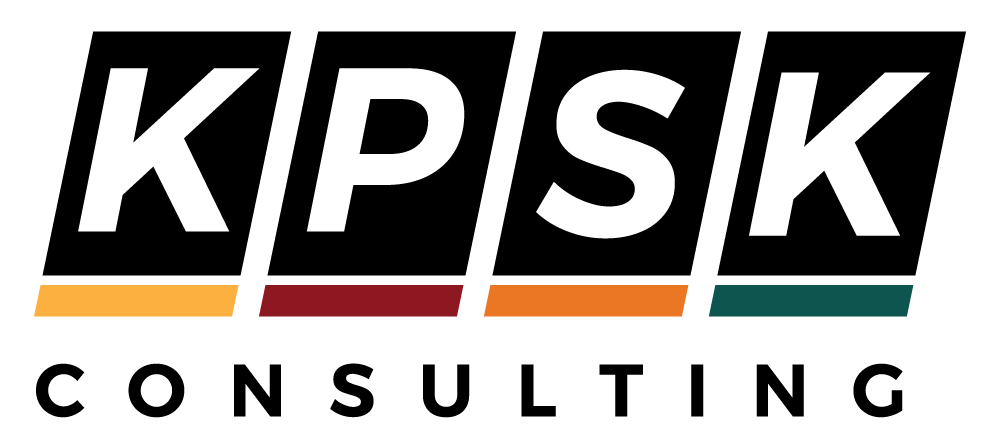TINTON FALLS, NJ – A federal workplace safety and health investigation found numerous violations at a Tinton Falls transitional housing facility where 11 employees and 28 residents tested positive for the coronavirus by late March.
In response to a complaint, the U.S. Department of Labor’s Occupational Safety and Health Administration discovered that while Seaside Guest Services’ continuity of operations plan required that residents with coronavirus be isolated and workers notified, neither happened. Additionally, OSHA inspectors determined the facility provided protective masks to its employees, but did not enforce their use. Seaside also failed to enforce social distancing despite posting signs in its four housing units.
OSHA cited the facility’s operator, AMA Health Holdings LLC, with two citations for failing to develop and implement effective measures to mitigate the spread of the virus and not recording each work-related illness. The agency proposed $10,923 in penalties.
“Seaside Guest Services’ failure to isolate workers from infected residents, and enforce its own mask and social distancing policies is difficult to comprehend,” said OSHA Area Director Paula Dixon-Roderick in Marlton. “Their neglect exposed workers and others to the coronavirus, and raised the possibility that 11 workers were infected as a result.”
Seaside Guest Services provides transitional housing for people attending area behavioral-health programs and those who have completed some level of addiction treatment.
Read more about feasible and acceptable means of abatement for this hazard.
The employer has 15 business days from receipt of its citations and penalties to comply, request an informal conference with OSHA’s area director, or contest the findings before the independent Occupational Safety and Health Review Commission.
OSHA issued an emergency temporary standard in June to protect healthcare workers from contracting coronavirus. In March, OSHA launched a national emphasis program focusing enforcement efforts on companies that put the largest number of workers at serious risk of contracting the coronavirus. The program also prioritizes employers who retaliate against workers for complaints about unsafe or unhealthy conditions, or for exercising other rights protected by federal law.
View OSHA’s COVID-19 information and resources.

